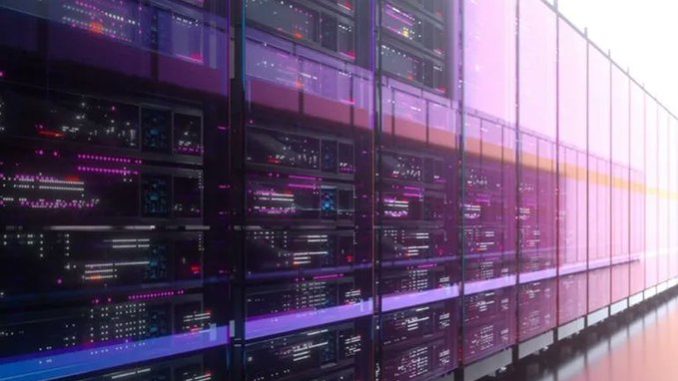
Microsoft’s Azure and Research teams are working together to build a new AI infrastructure service, codenamed « Singularity. » The Singularity team is working to build what Microsoft describes in some of its job postings for the group as « a new AI platform service ground-up from scratch that will become a major driver for AI, both inside Microsoft and outside. »
A group of those working on the project have published a paper entitled « Singularity: Planet-Scale, Preemptile and Elastic Scheduling of AI Workloads, » which provides technical details about the Singularity effort. The Singularity service is about providing data scientists and AI practitioners with a way to build, scale, experiment and iterate on their models on a Microsoft-provided distributed infrastructure service built specifically for AI.
Authors listed on the newly published paper include Azure Chief Technical Officer Mark Russinovich; Partner Architect Rimma Nehme, who worked on Azure Cosmos DB until moving to Azure to work on AI and deep learning in 2019; and Technical Fellow Dharma Shukla. From that paper:
« At the heart of Singularity is a novel, workload-aware scheduler that can transparently preempt and elastically scale deep learning workloads to drive high utilization without impacting their correctness or performance, across a global fleet of accelerators (e.g., GPUs, FPGAs). »
Microsoft officials previously have discussed plans to make FPGAs, or field-programmable gate arrays, available to customers as a service. In 2018, Microsoft went public about its « Project Brainwave » work which was designed to provide fast AI processing in Azure. » At that time, Microsoft made available a preview of Azure Machine Learning Hardware Accelerated Models powered by Brainwave in the cloud — a first step in making FPGA processing for AI workloads available to customers.
